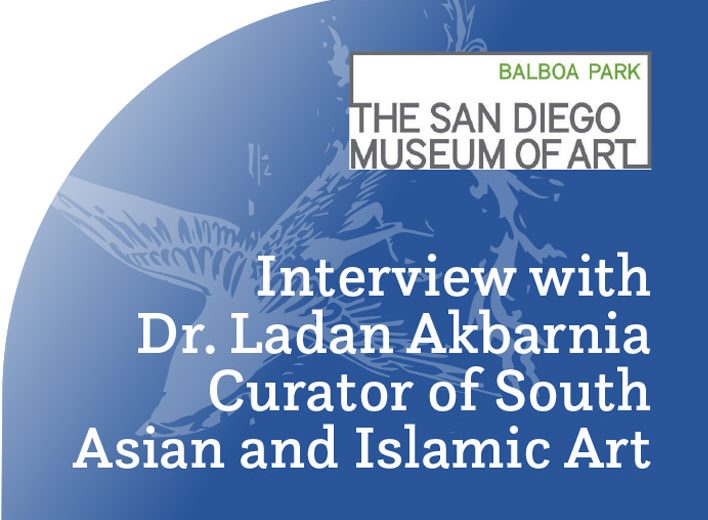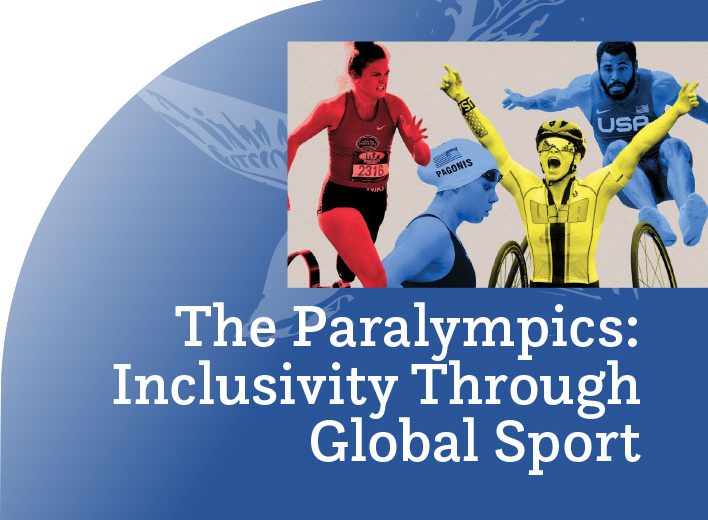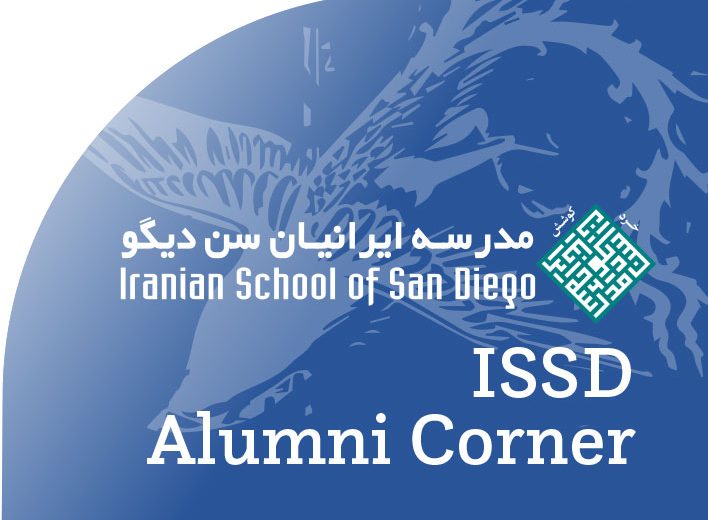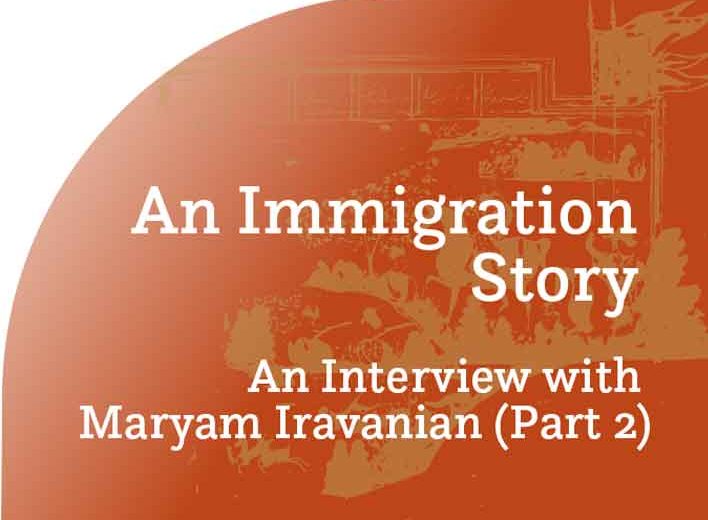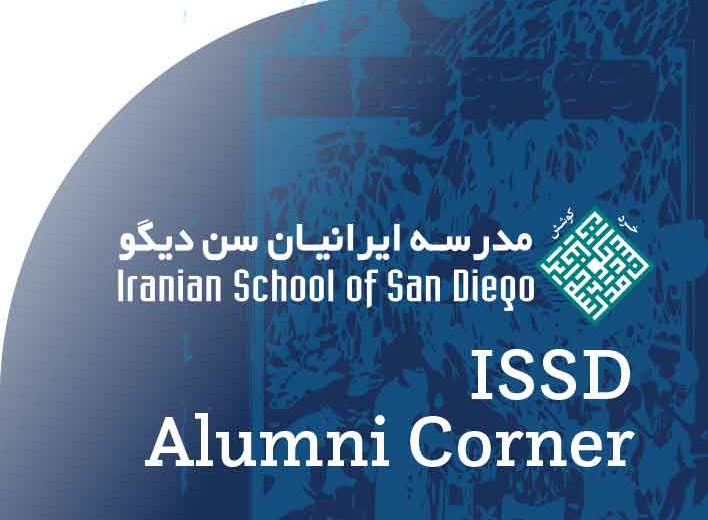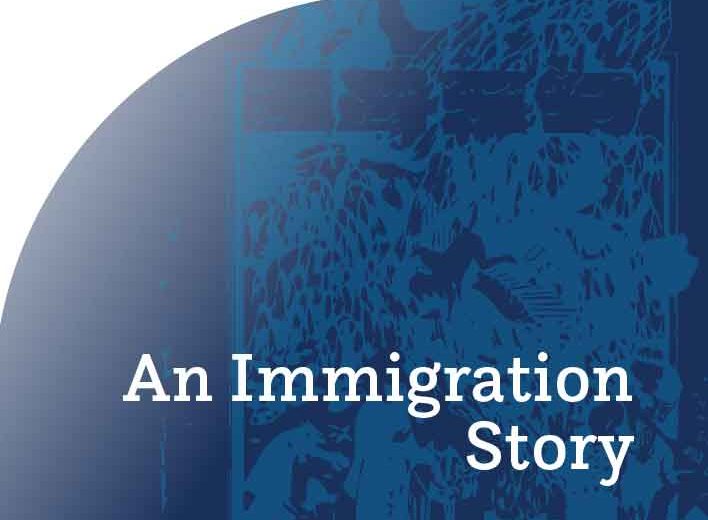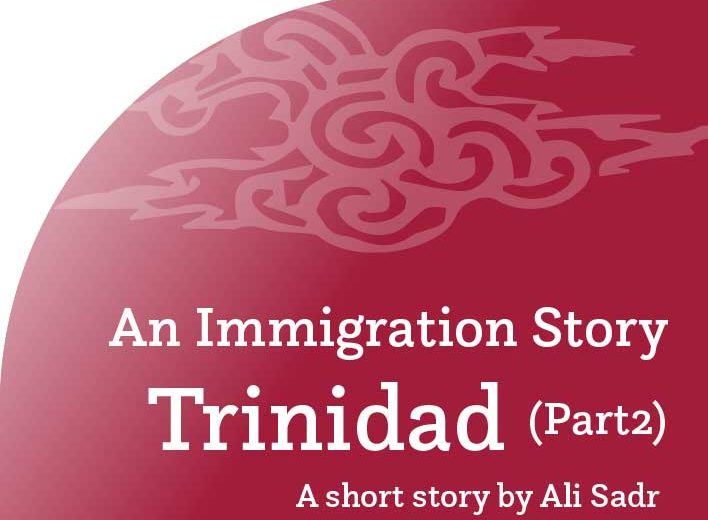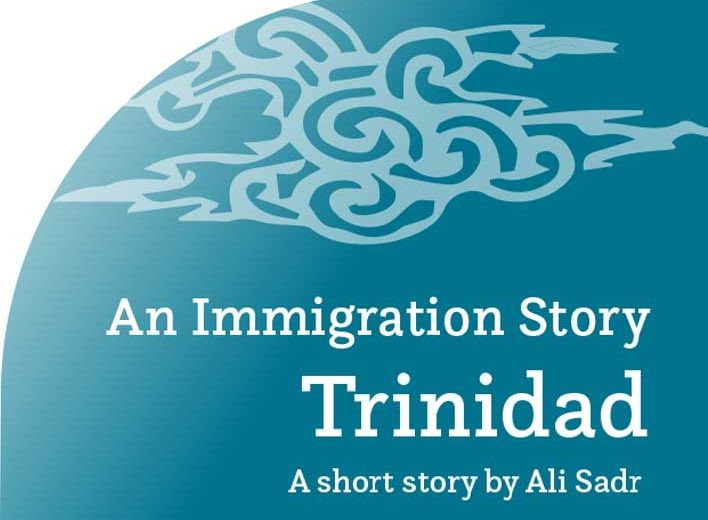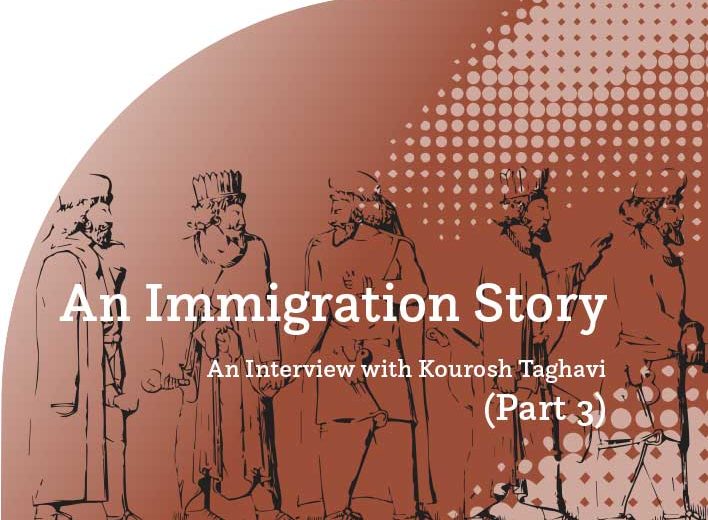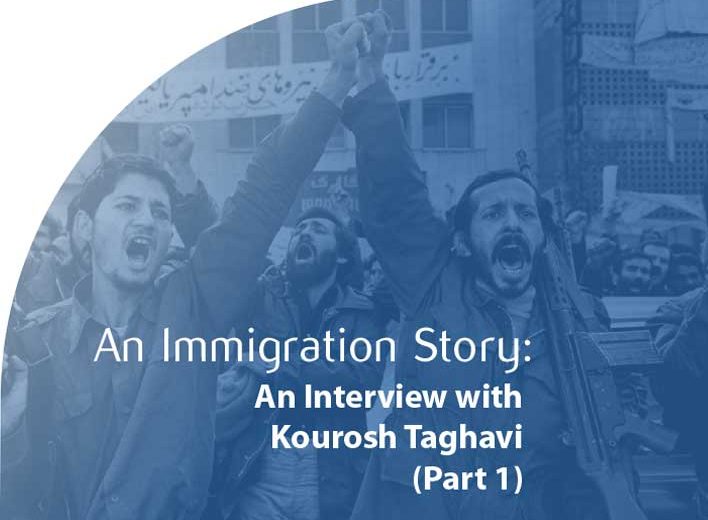An Interview with The Legendary Dariush Eghbali (Part 2)
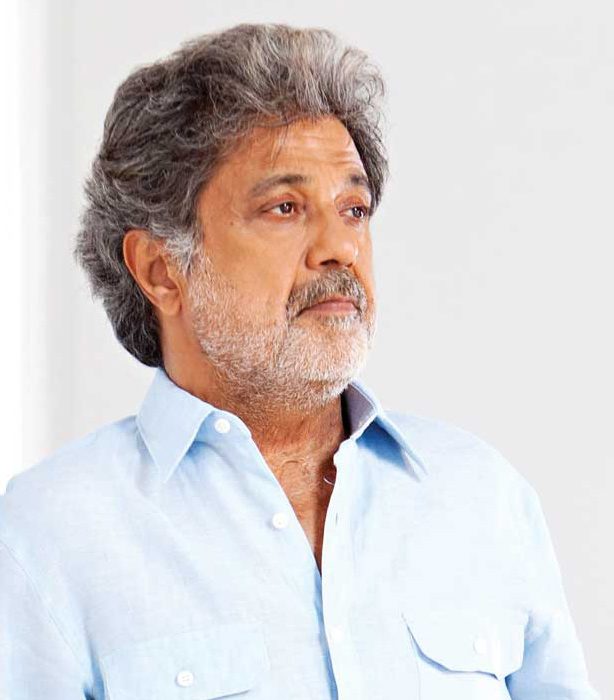
Dariush Eghbali, the legendary singer of Iran, does not need any introduction. Many people know at least a few of his songs by heart. Dariush not only is one of the best singers of the last five decades, but he is also an entrepreneur, humanist, intellectual, and activist. The first part of my interview with Dariush, which was mostly about his artistic life, was presented to you in the previous edition of Peyk. In this edition, we concentrate on his social life. I am honored that Dariush found time in his busy schedule to sit down with me to tell us about his art and his beloved Ayeneh Foundation.
It should be noted that this interview was conducted in early September 2022, prior to the recent protests and unrest in Iran and around the world. I should also mention that this interview was conducted in Persian. I am grateful to Dr. Abbaseh Towfigh for her help and for facilitating the logistics of this interview. The English translation is done by our colleague Mercedeh Basirian Hariri.
-Ali Sadr
—————————–
Ali Sadr (AS): You are an exceptional character not only in artistic fields and Iranian pop music, but also in social activities. You benefit from a special position. What have you experienced in life that gave you the motivation for your social efforts and made you the voice of your fellow countrymen?
Dariush: From the moment I learned that when reality is not free, freedom is not a reality.
From when copyright was trampled upon in my country.
From when I was imprisoned.
When I was forced to leave my country.
When the songs were censored.
When my voice and image were banned.
Generally, I think, by the time I understood the world is a dangerous place. Not just because of the evil and violent people, but because of those who remain silent facing these crimes and filth. I thought I should not stay silent and must have a share in making a better future world.
Pablo Picasso, in an interview, said: “paintings are not made to decorate apartments. This is a defensive and aggressive weapon facing the enemy.”
A colossal challenge of the world today is that we mostly imagine we are exempt from the problems and sufferings of others and global problems. Whereas, from my point of view, the wounds of society belong to each of us and we, together, can be a panacea for all these injuries.
Silence is one of the enemies of humans and humanity. Here, art can break the silence. Art doesn’t order you around; driven art can encourage its audience to feel, understand, to feel responsible in confronting plights such as cruelty, injustice, and human rights violations. This feeling can lead to thinking, interaction, and even a creative and mobile function in society.
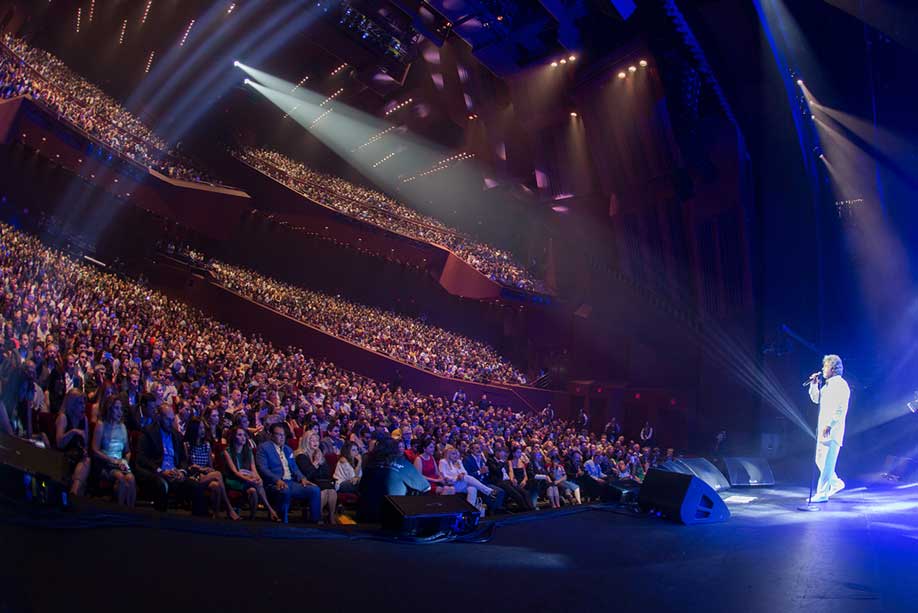
I believe breaking the silence is not just a right, it is a responsibility. However, we should not forget that any right should follow a framework and a series of principles; without a regulated basis, this right can also trample upon another right or it can be abused.
Not knowing about our rights, we will be still in prison, even though we are on the other side of the bars. I used to live in a country where I was imprisoned on this side of the bars, a prison as big as my whole country.
I have always meant to flip the bubble of ignorance through my songs, my messages, and my efforts. When one holds a microphone in his hand, there comes with it a series of responsibilities. I have tried not only to live this responsibility, but to share it with others.
By continuing the path in front of me, I hope to be a reason for arriving at a collective understanding from a collective agony. The kind of understanding is made up of diversities and, when placed alongside each other, they become purposeful.
AS: A large part of these efforts are centralized in the Ayeneh Foundation. What kind of an institution is the Ayeneh Foundation? Where and when has it been registered? What is the direction for its activities? What are its short-term and long-term goals?
Dariush: Ayeneh started functioning in the year 2000 with a radio podcast on the issue of addiction as an illness. I was aiming to encourage and tell the patients and their families about the possibility of being cured and free from addiction’s grip. By believing in the practicality of this philosophy, I tried to use my artistic position; by benefitting from the media, friends, experts, specialists, sociologists, and psychologists, I tried to widen the domain of our influence. We tried to work in this direction through radio and TV programs, free seminars, and educational programs in schools and universities, all over the world.
My goal and that of my friends, who all work voluntarily, is to be a solace for the injuries of those who need to be awakened. We believe in compassion; through helping needy human beings, life for sure finds a new meaning for us.
We have come to the conclusion that it is not possible to talk about addiction and ignore mental illnesses. We can’t talk about addiction and forget about domestic violence. We can’t talk about addiction and then not mention the fine job of bringing up children or ignore unemployment and homelessness, poverty, the refugee problem, working kids, and crime—all this pain and these injuries are connected like a chain.
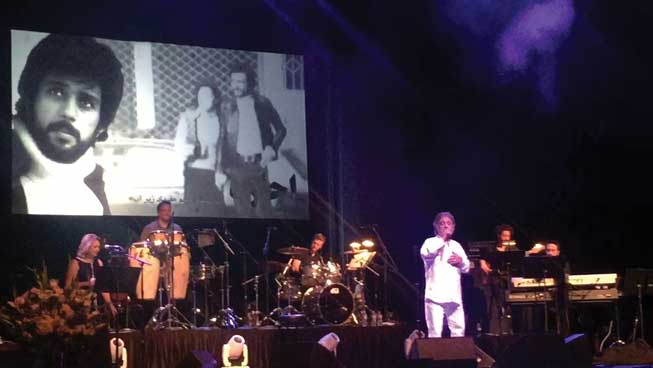
AS: Does Ayeneh solely aim to help addicted Iranian and Iranian immigrants? Does it consider other social groups as well?
Dariush: Due to the fact that Ayeneh is a purposeful foundation, in 2017 we were granted a tv/radio channel by Mr. Hady Nazar on Yasat 24/7. With the help of a couple of friends who believe in Ayeneh’s goals, now we can enhance the domain of our educational and humanitarian activities globally and independently. Today we are the first and only non-profit organization out of the country that, by establishing itself as an educational media, airs without any advertisement. Through producing numerous programs in Farsi, English, Armenian, and Spanish, we are aiming at empowering society through knowledge, education, and prevention. We try to connect the needy with the mighty.
Due to the numerous developments in social media, the impact of what we are doing today in Ayeneh is much more felt than before and I am sure it will increase more and more. I am sure our planned programs for the next year, with your support, will touch the lives of millions of people. To fight injuries and especially to prevent social plights, we need to act immediately since tomorrow will be late.
As the habitants of this earthly globe, we only have but two options. Either to be indifferent in the face of societal traumas or have a positive, targeted role in controlling, preventing, and uprooting them. Our message at Ayeneh has always been that the injuries of society belong to any one of us. We have always invited those mighty, helping people to join and work with us to deal with all these sufferings.
AS: How is the Foundation’s message sent out, especially in Iran?
Dariush: Ayeneh Foundation, along with its numerous social activities, as a 24/7 educational media sends out its message not only through satellite, but also by means of social channels. It has always been known that knowledge is the way out of wrongs and injustice in society—awareness about damages that do not have any kind of cultural, economical, political, and gender boundaries or limitations. For years scientists have warned against the growth of social harms parallel to human rights abuses. A glance at the statistics shows us that social harms are on the rise, not only in our land, but also all over the world. The death toll due to drug abuse was higher than that of the Vietnam War. Toward the end of the year 2021, the World Bank announced that almost half of the world’s population is living with a daily income of less than $5. According to researchers, global warming has assumed a steep rise and soon it will be 3 degrees Celsius warmer and therefore the lives of millions of people will be endangered due to unreasonable changes. Many kinds of animals will be annihilated.
It is the time to see and not be just an onlooker. A time to listen and not just to hear. Tomorrow will be very late. We have to act today. Today we have to start the change and a powerful step is to mingle our abilities and achieve a collective might.
A drop of water can revive a flower.
A tree can be the starting point of a forest.
A star can lead a ship.
A candle can overcome darkness.
A smile can be the beginning of a friendship.
A song can make a moment eternal.
A caress can deal with depression.
A hope can revive a soul.
A vote can change the future of a nation.
A choice can build the future.
It is up to you to decide.
AS: Are there reliable statistics at hand regarding the number of addicts and kinds of addiction in Iran?
Dariush: For years the authorities in Iran, in a coordinated performance, have tried to cover the real statistics related to addiction and other social harms; through manipulating the numbers and denying the reality and presenting controversial statistics, they have tried to show it less than the real number. Unfortunately, it is a fact that addiction is a family illness; that is to say that family members of an addicted person are more in danger of becoming addicted themselves. This is the reason that the number of addicted people is much higher in that country.
AS: How does the Ayeneh Foundation help victims of social harm? How is the budget for its activities secured?
Dariush: As you know, Ayeneh is totally an educational medium. At Ayeneh, we aim to give knowledge and not to cure. The Ayeneh Foundation doesn’t have any center, anywhere, in the world to hospitalize or cure addicted people, nor does it have any goods for sale. Our goal is to give service to people and empower them by means of knowledge and illumination. Our hope and our wish has always been to connect the needy and the mighty. From the very beginning of our work, we aimed to present three essential principles—education, illumination, and prevention; in this process, we are interested in symbolic teamwork, through establishing a triangle of health or solidarity, inviting non-profit organizations and media to move along with us to get to a healthy society and world. By holding seminars and educational projects, a move like this can lead us faster to our common goal.
In a world where the pens are not writing due to fear, the media is not brave enough to air the truth, eyes and ears are not seeing or hearing, knowledge and science are being questioned, social justice has gone pale, and the dictators are stronger than ever, I love to be the voice of the awakening, of unity, of truth and illumination. I want to awaken the motivation in people to be helpful and caring and not self-centered—the motivation that will say freedom is not my right, it is not your right, it is our right and we can.
I believe that enormous feats happen through small, continuous moves which will bear fruit. This is why I am always looking for mates who will walk with me on this path.
Ayeneh as a free, independent, and democratic media, in line with empowering and unifying the global village and addressing the wounds, presents a variety of educational programs in different languages, all throughout the week. Along with the campaign to give books to poor, suffering kids and laboring children, the Ayeneh Foundation has a tree-planting campaign every year. We work with organizations that concentrate on enhancing women’s rights, children’s rights, and in general preserving human rights and the environment.
I have always said that coming together is the beginning, staying together is progress, and remaining emphatic and understanding is a great success.
We should avoid ignorance, rejection and evading reality. We should witness whatever there is like a mirror to start the regrowth we need to create through the power of love.
It is our presence, in silence or shouting, in need or might, old or young, that writes our future and that of our children. Through the help we receive from voluntary, loving experts in Ayeneh, we try to teach society how to be the master of change and not the victim of destiny. Through Ayeneh Foundation, we enter the heart of our audience, hoping that by working together, we can make the treatment of any kind of harm lasting.
AS: How are you aware of the outcome and progress of the Ayeneh Foundation?
Dariush: In our era, technology has failed to be targeted, despite its progress; hatred, prejudice, and power mongering have overcome the world. In comparison to other natural disasters, famine is more threatening, poverty and discrimination are spreading more and more. What is our responsibility in facing these tragedies?
I have always hoped to empower society through Ayeneh and by means of knowledge, education, and prevention against the social harms that are destroying people all over the world. I have always said that we have not become ill overnight, so the cure also can not happen overnight. Through Ayeneh, I have tried to show the solutions and openings to people, within my power. One of these solutions is creating a triangle of unity, a triangle made up of non-profit organizations, media, and people themselves.
It is only through the unity and solidarity between the sides of this triangle, through individual strength, that we can achieve collective might and hence a robust society and world. The degree of Ayeneh’s success can be measured by the people and organizations, volunteers, and specialists’ sympathy and cooperation who are our fellow associates in this path—the ones from whom we have benefitted from their expertise and knowledge, through the years, and even sometimes have let our colleagues use their houses. Those who have helped public organizations and health camps. Those who participate in tree-planting campaigns, support labor children campaigns, who voluntarily work to heal. Global organizations that supported Ayeneh’s humanitarian and educational goals; works such as immunizing addicted persons, SISCO organization, IC Vienna, Darvak, Youth For Human Rights, and many more organizations like these.
AS: In your opinion, what is the most effective way to confront social problems such as addiction?
Dariush: Economic poverty is not the only problem our nation is dealing with; wherever you look, you see society is dealing with moral poverty. From emotional poverty to political poverty, well-being poverty to service poverty, and in general cultural poverty.
We have always said that addiction is at the top of all social problems. I believe cultural poverty or the hidden poverty of our society is the main reason for addiction, which in itself is the root of most of the sufferings with which our society is struggling, something that every one of us is ignoring and hiding the reality of for years or maybe centuries. This poverty is the dust over the unsold books of the bookshops; this poverty is the dust over the dysfunctional brain of the authorities submerged in rejection; this poverty is the ignorance of the parents who don’t know about the plight of addiction and don’t immunize their children through prevention. The problem is that when we don’t see the issue, we don’t try to uproot it.
To get rid of this cultural plight we have to admit its presence, like the addiction problem. We have to admit that we have failed to confront it.
To solve any problem we need to understand it. To uproot a problem we should find its origin: the rejection culture, the power-mongering culture, the self-censorship culture.
I want to ask a question here, what is our responsibility here? I mean each individual’s responsibility in confronting all these cultural shortcomings and harms?
Let this question be an excuse to ponder.
AS: This is a very apt and important question. Unfortunately, maybe just a few care about giving knowledge and removing these shortcomings; most are indifferent or they are among those who participate in its creation. How can people contribute to helping Ayeneh in this worthy deed?
Dariush: We have always embraced our fellow companions who are willing to work along with us, with sympathy and understanding, to address society’s wounds. All of us can be beneficial for our society in proportion to our power; we just need to want it. We should move from wanting and owning to being present and building. Unfortunately, many are imprisoned by their ego and their own needs. Dividing mutual sufferings, common goals, and sympathy are like music and can make echoes. It is our duty to convey this feeling to each and every member of society.
Ignorance about human rights has changed us into victims, especially in those countries where dictatorship is ruling, mainly in societies where economic and cultural poverty has changed people into silent victims who are not aware of their own rights. Despite what the power mongers have said, power is in the hands of people. We are the might, we are the power, as long as we are aware of our rights and do not remain silent and indifferent to facing injustice and human rights abuse. We all should be aware of the ego and harness it as it is present in all of us human beings, especially all political leaders. Therefore, if we want to be successful, if we want to benefit from the endless power of unity, we should ask our leaders to learn the meaning of unity. In any group or party, you belong. Ask them instead of being self-centered, to try to be useful to the Iranian nation. Ask them to remove elimination from their thinking alphabet and support every single person in the Iranian nation. Despite their efforts, for more than forty years, their results have been nothing but failure in creating unity. Then ask them to be the reason for the appearance of a rainbow of thoughts, beliefs, and different cultures; instead of theorizing and sitting in front of each other and chanting mottos, ask them to stand by each other and support Iranian people inside the country. Every one of us, in the first step in creating a progressive society, should begin the change and acceptance from ourselves and from our homes; we shouldn’t allow prejudice and our opinions to dissociate us and create discord. Let us concentrate on connection rather than separation. This is the standard in many countries in which the people are living in tranquility and peace. Let us work on a common front for unity, a common front made up of different ethnic groups, ideas, and cultures.
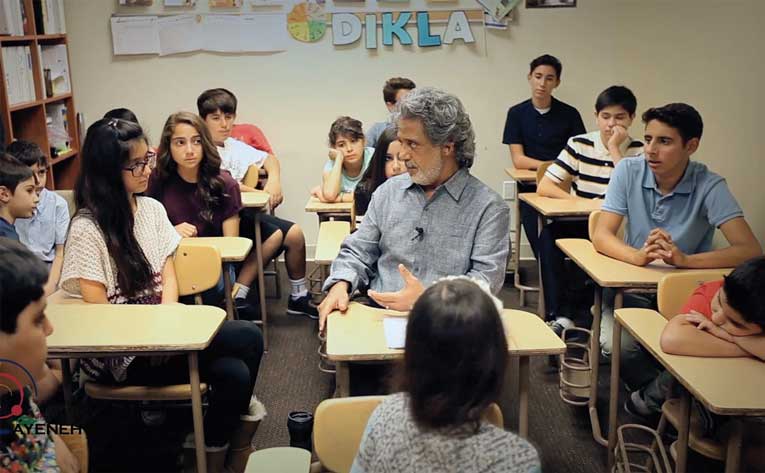
AS: At the end, do you have any message for Iranians in San Diego and the Iranian School of San Diego’s students?
Dariush: Each of us is a part of a global collective with different opinions, beliefs, thoughts, and ideologies. Accepting each other and respecting our human sanctity is the surviving secret for all of us. Let us believe that human power is unlimited, believe that nothing is beyond human will, believe that the sun rises for us, believe that we deserve to exist and be with each other, believe that now is the most important moment and tomorrow will be very late, believe that together we can build a robust society, and believe that in front of the power of love even the “impossible” bends its head. We also should remember that in a time when the world is not thinking about us, it is not proper to remain silent and passive.
AS: I sincerely appreciate your time and your compassion.


